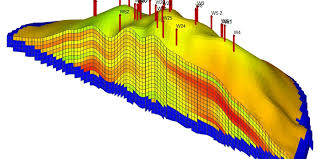

Advanced interpretation concepts will be discussed which will provide the candidates with the tools to understand the limitations of data sets along with measurement requirements for effective reservoir development.
By the end of this course, delegates will be able to:
Geologists, Geophysicists, Reservoir Engineers, Production Engineers, Petro physicists, Petroleum Engineers, Drilling Engineers, Field Development Engineers, Managers, Asset Managers, Oil & Gas Engineers, Reservoir Operators, Surveillance Engineers, Technicians, Engineering Trainees, Technical Managers, Technical Assistants, Technicians, Chemists, Physicists, Technical Supervisors, Service Company Personnel responsible for improving the performance of petroleum reservoirs
This interactive Training will be highly interactive, with opportunities to advance your opinions and ideas and will include;
BTS attendance certificate will be issued to all attendees completing minimum of 80% of the total course duration.
| Code | Date | Venue | Fees | Register |
|---|---|---|---|---|
| DE159-02 | 03-05-2026 | Amman | USD 5450 | |
| DE159-03 | 14-09-2026 | Istanbul | USD 5950 | |
| DE159-04 | 15-11-2026 | Manama | USD 5450 |
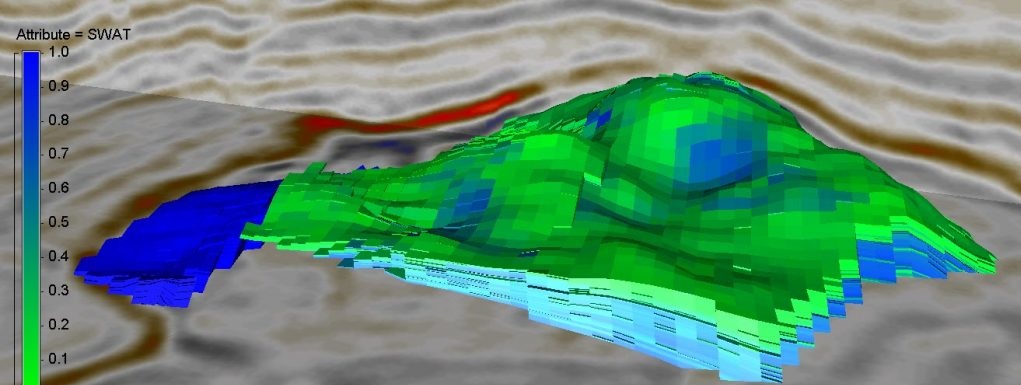
A successful exploration and exploitation project requires efficient use of an integrated, multi-disciplinary team. This training course examines how such a team should be structured, what questions s ...
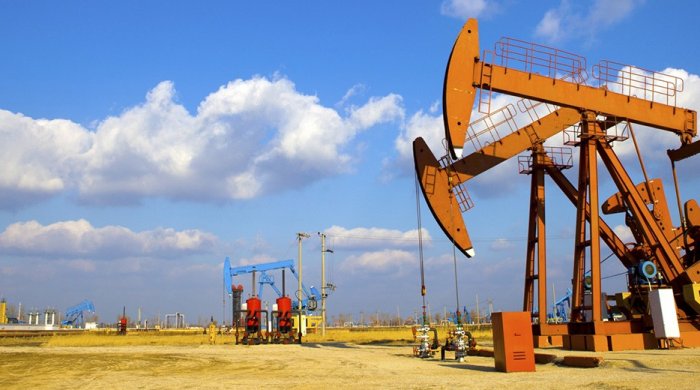
Integrated management examples for new and mature fields and for a water flooding are discussed in a workshop environment. The fundamentals of integrated reservoir management involving objective setti ...
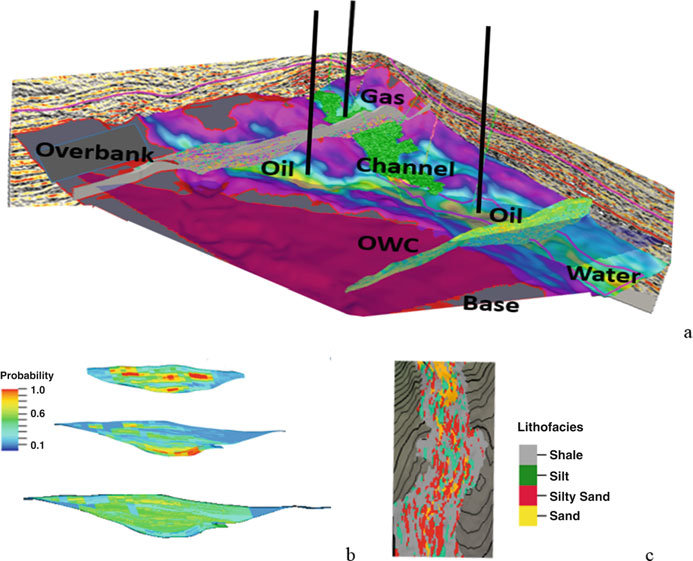
Clear understanding of the reservoir is essential to successful field development. Proper management of reservoirs requires an integrated multi-discipline team approach to ensure discovered or produc ...
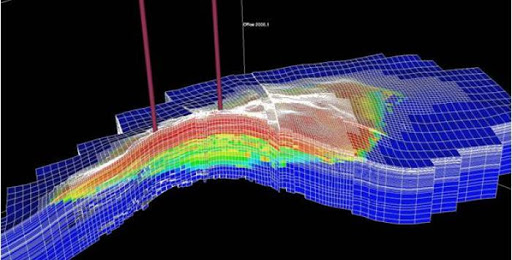
The root of petroleum reservoir management are to be found in the reservoir engineering, taken in its broadest sense as the technology that deals with the movement of fluid into, out of and through th ...
Providing services with a high quality that are satisfying the requirements
Appling the specifications and legalizations to ensure the quality of service.
Best utilization of resources for continually improving the business activities.
BTS keen to selects highly technical instructors based on professional field experience
Since BTS was established, it considered a training partner for world class oil & gas institution
1st floor, Incubator Buildingو Masdar City, Abu Dhabi, UAE
Sun to Fri 09:00 AM to 06:00 PM
Contact Us anytime!
Request Info